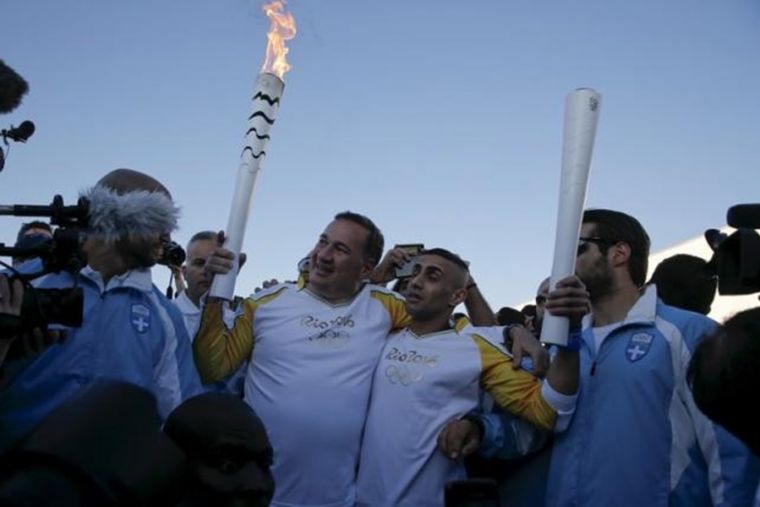Olympic refugees' team set to make history in Rio: These athletes don't have a country, but they have a voice

For the first time since the first Olympic Games were held in Olympia, Greece, in 8th century B.C., a team comprising refugees of various nationalities will be competing in the Summer Olympic Games in Rio de Janeiro, Brazil next month.
Ten refugee athletes who came from Syria, South Sudan, Ethiopia, and the Democratic Republic of Congo will be participating in the newly-formed Refugee Olympic Team and will compete in swimming, track and judo, according to Mission Network News.
When the team enters the Maracana Stadium during the opening ceremony on Aug. 5, the members will not be representing their country of origin but the millions of refugees worldwide. Their anthem, instead of a national song, will be the Olympian theme, and their banner will be the Olympic flag.
The athletes will show that although they don't have a country, they still have a voice, according to Open Doors USA, an organisation supporting persecuted Christians in countries where Christianity is socially or legally discouraged or oppressed.
Open Doors USA's director of communications Emily Fuentes says having a refugee Olympic team is meaningful since it "brings attention to this unprecedented refugee crisis that we're having in our world right now."
"It's not just Syria, it's not just Iraq, but it's several other countries where there's violence against people of different faiths, of different backgrounds," she says.
For the refugees, having athletes to represent them in the Olympic Games would show that they still have a place in the world, Fuentes says.
She notes that many refugees who have resettled in a new country have a sense of being a second-culture and third-culture community, which becomes even more difficult for them if nobody from that new country reaches out to them.
"You think of those verses when Jesus is talking about being a stranger and you let me in, or even the Old Testament, there's commands to love the foreigner around you. It is such a crisis to be without your homeland; to know you're probably never going to return to your home how it was before," Fuentes says.
"Many of these refugees, especially from Syria, talk about just how they miss walking down the street or going to their favourite coffee shop or bakery and knowing they'll be able to do just simple things like that — beyond the mourning of the horrific things that have happened. Many have lost loved ones, their homes, and everything in this crisis," she says.
She says Open Doors is doing its part to help these refugees and displaced Christians by providing microloans so they can start businesses. The additional funds allow refugees to move from the camps into more stable housing like apartments.
"Without jobs, without really knowing what the future will be, they really feel like they're in a state of limbo. So it's vital to be praying for their encouragement, for God to pave a way for a future for them to get out of this limbo," Fuentes says.











